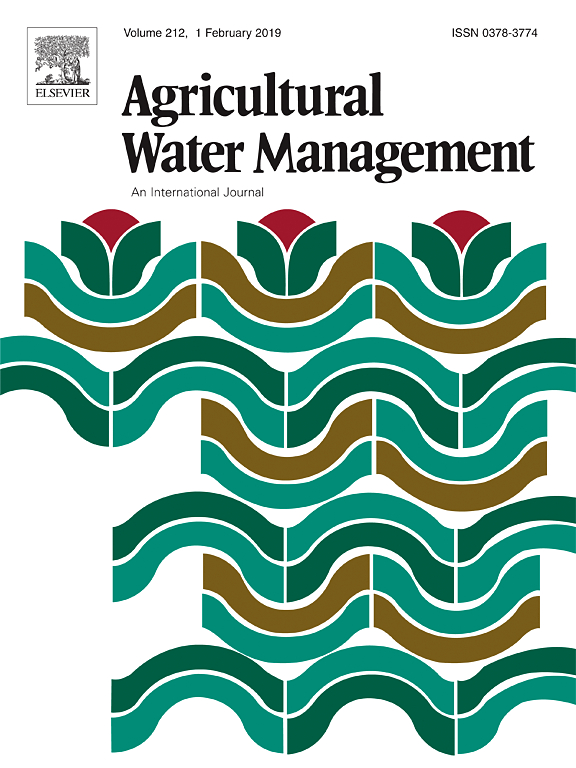We execute tree ‘domestication’ as a farmer-driven and market-led process, which matches the intraspecific diversity of locally important trees to the needs of subsistence farmers, product markets, and agricultural environments. We propose that the products of such domesticated trees are called Agroforestry Tree Products (AFTPs) to distinguish them from the extractive tree resources commonly referred to as non-timber forest products (NTFPs). The steps of such a domestication process are: selection of priority species based on their expected products or services; definition of an appropriate domestication strategy considering the farmer-, market-, and landscape needs; sourcing, documentation and deployment of germplasm (seed, seedlings or clonal material); and tree improvement research (tree breeding or cultivar selection pathways). The research phase may involve research institutions on their own or in participatory mode with the stakeholders such as farmers or communities. Working directly with the end-users is advantageous towards economic, social and environmental goals, especially in developing countries. Two case studies (Prunus africana and Dacryodes edulis) are presented to highlight the approaches used for medicinal and fruit-producing species. Issues for future development include the expansion of the program to a wider range of species and their products and the strengthening of the links between product commercialization and domestication. It is important to involve the food industry in this process, while protecting the intellectual property rights of farmers to their germplasm.
DOI:
https://doi.org/10.1023/B:AGFO.0000028997.74147.f9
Altmetric score:
Dimensions Citation Count:

Publication year
2022
Authors
Simons, A.J.; Leakey, R.R.B.
Language
English
Keywords
agroforestry, dacryodes edulis, domestication, genetic improvement, participatory rural appraisal, prunus africana, trees























